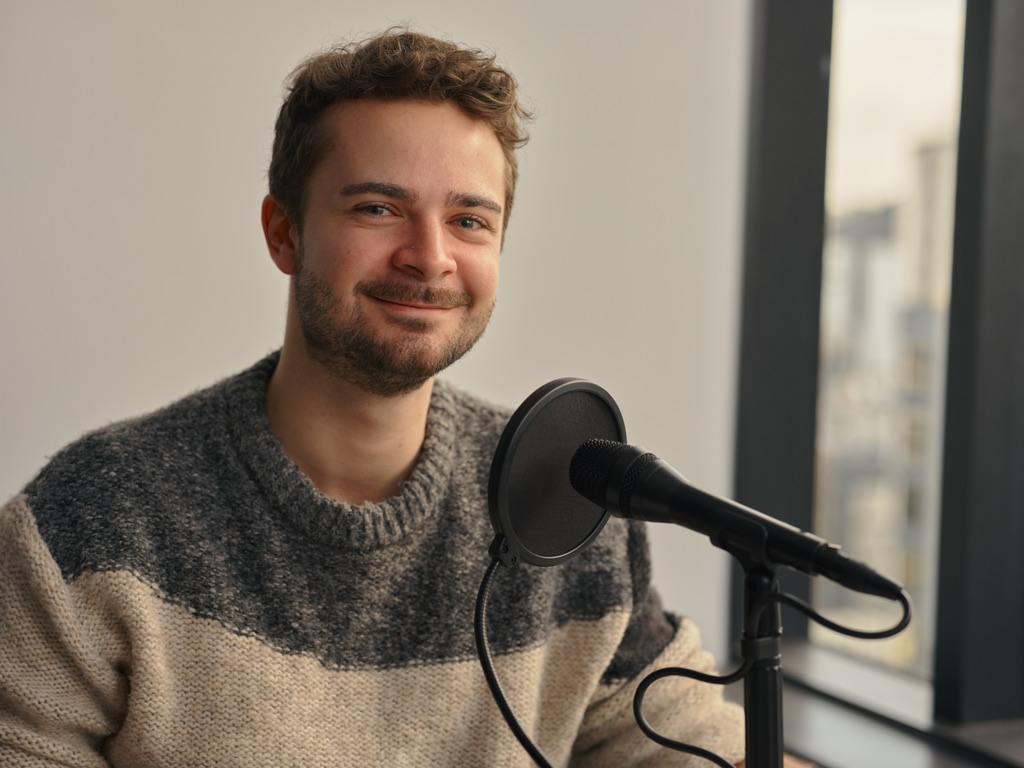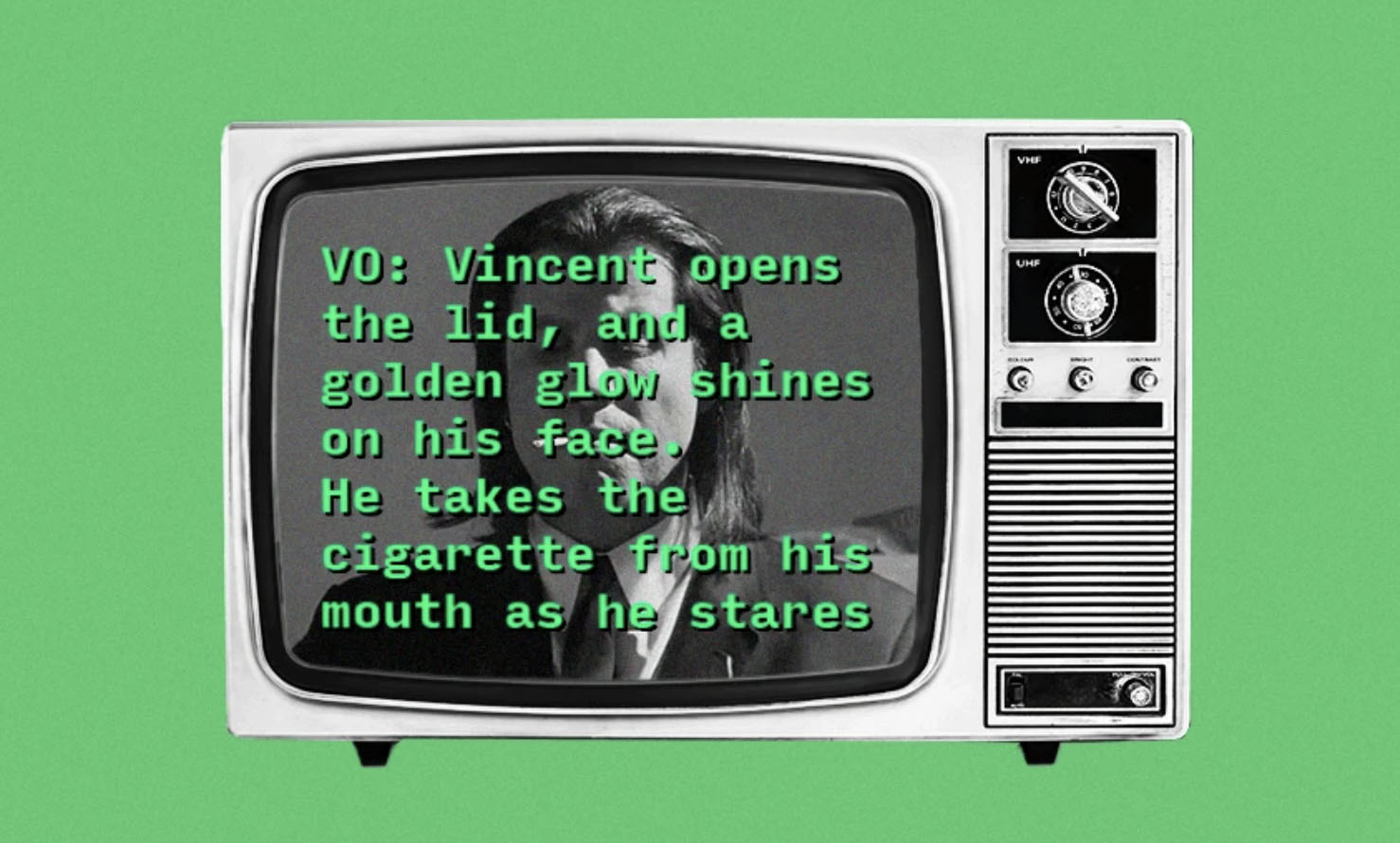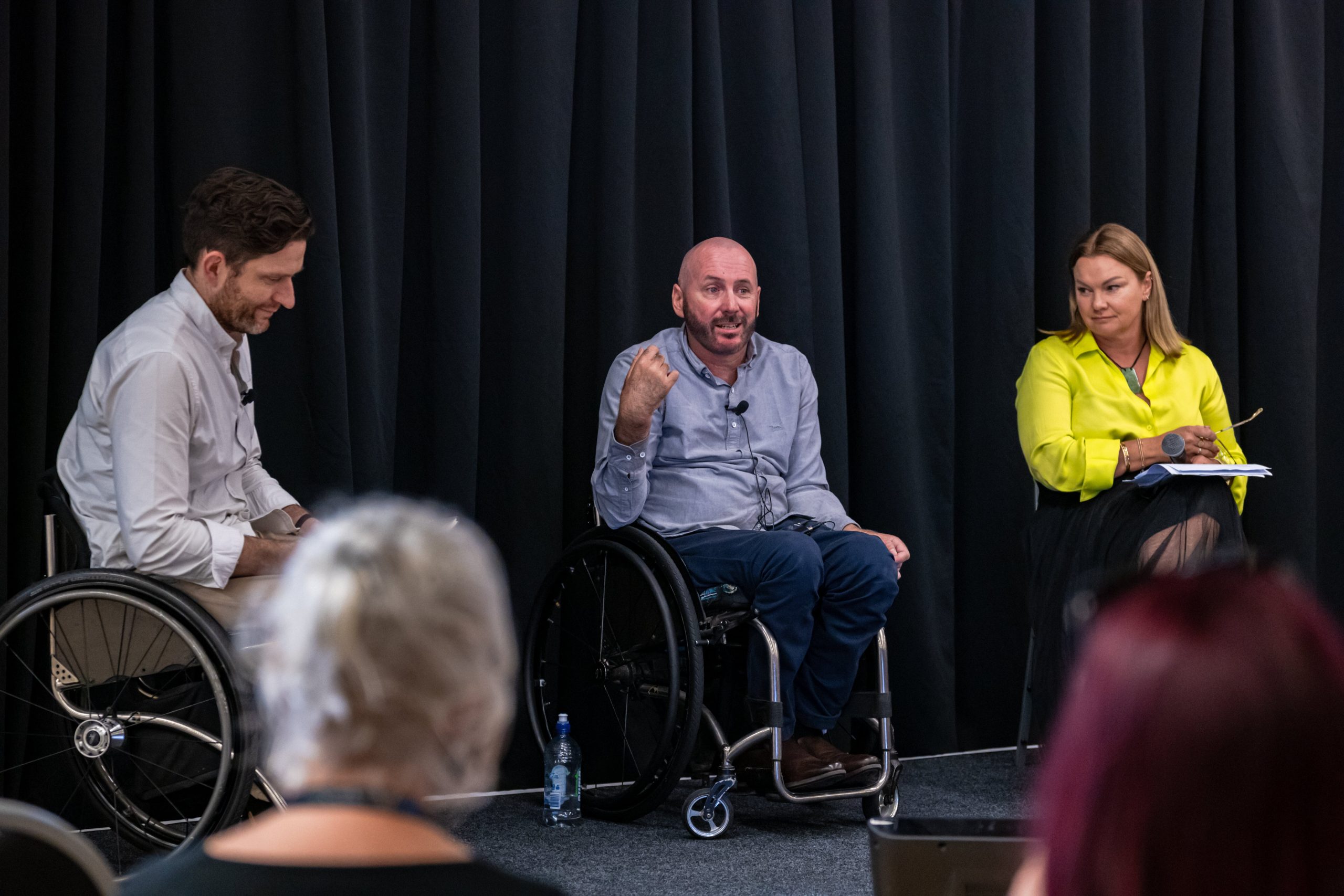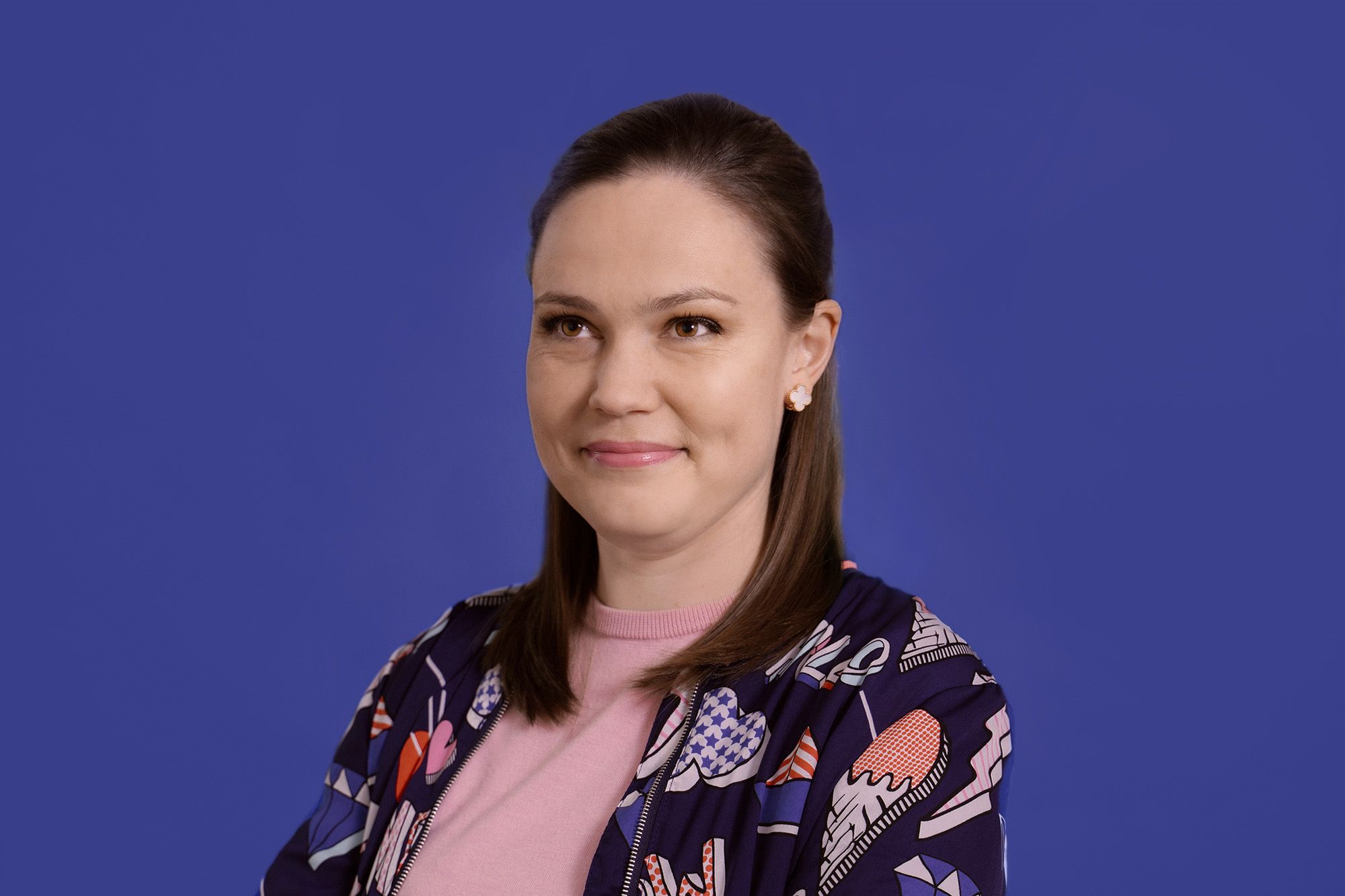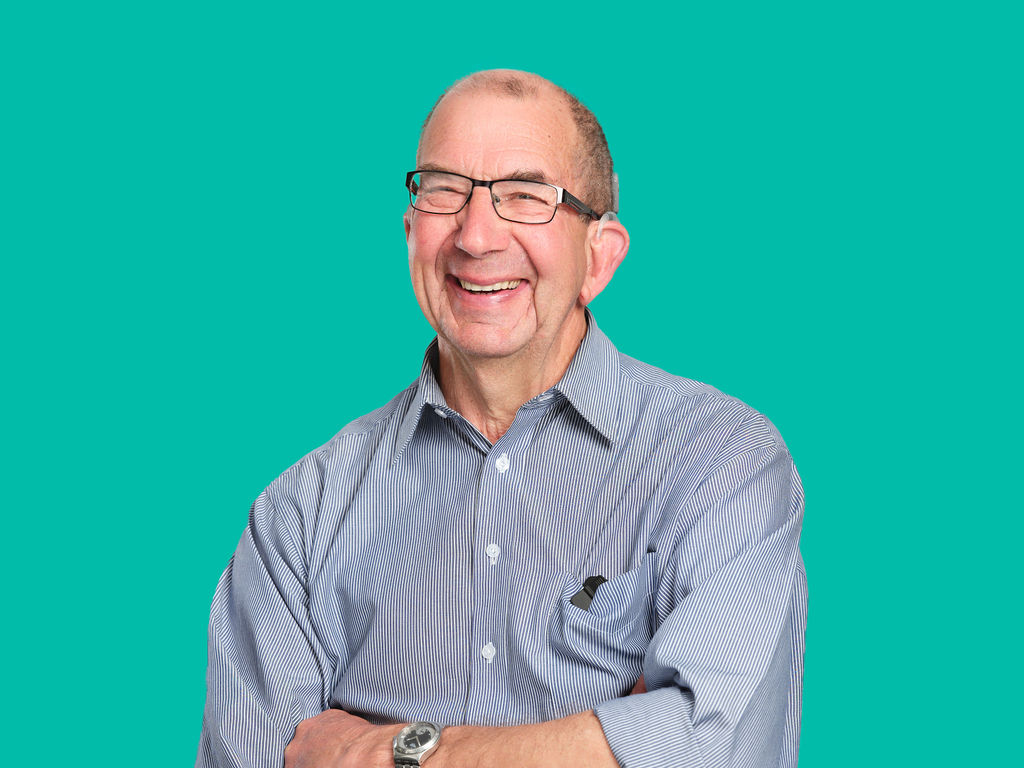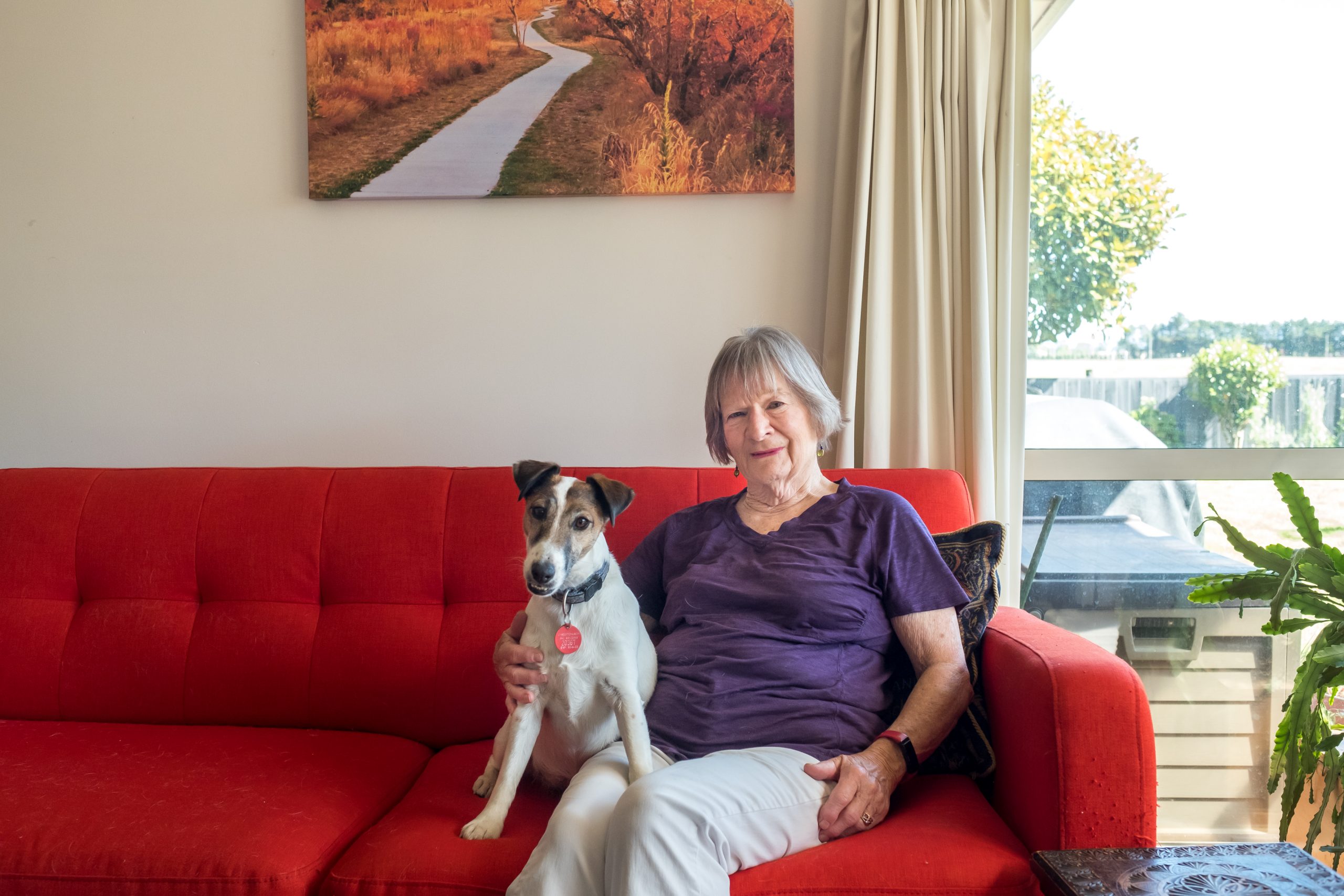
Tēnā koe, Nancy. Tell us a bit about yourself?
I was born in Sydney, Australia in 1940 and had full hearing until age six when I was totally deafened by meningitis. I attended a ‘normal’ school and then university, communicating by speech and lipreading, and had no contact with the Deaf community until I was 48. By then, I was a widow living in Townsville in North Queensland. I gradually became involved with the Deaf community there, and this continued when I moved to Brisbane in about 1989.
I volunteered to be the Queensland representative to the National Working Party on Captioning (NWPC) set up by the Australian Caption Centre (ACC) and was the inaugural Chairperson for two years. We campaigned for full captioning of the early evening News – which was already available in NZ, to our collective envy. We also lobbied the TV stations and Video stores to provide more captioned movies. State representatives including me did some travelling to explain to the Deaf community just what captions were, how they were produced, what equipment was needed, etc. I met some captioners and was shown how captioning was done by the ACC and also by an American company when I was over there in 1997 – the latter live-captioned the News.
I was also involved in setting up the Australian TTY relay service provider Australian Communication Exchange (ACE) and remained on the Board for many years while also working full-time as a Research Scientist at the University of Queensland. I was also on the Board of the Queensland Deaf Society. I also set up and ran a support group for people with cochlear implants.
I moved to New Zealand in 2000 and married a Kiwi in 2004. He is also dependent on captions. It took me a while to get used to so little captioning being available in NZ at the time.
When did you discover captions?
When living in Townsville in Northern Queensland. I knew about subtitling of foreign movies of course, and occasionally saw mention of TV captioning in newspapers. The Deaf community talked about it. I bought what was probably the first TV set with a built-in captioning decoder available in Townsville, but captioning did not reach the north until over a year after it was available in Brisbane. (It took a while for various TV technicians to work that out – none knew anything about decoders!). Only one program with captions was available in Townsville initially – a rather trashy English series, shown around midday – but I would still dash home from wherever I was to watch it, to the disdain and horror of my friends!
Why do you use captions? What benefit do they provide for you?
Communication by lipreading is never perfect except with a few rare individuals, so being able to follow a normal conversation with all its nuances, idioms, slang, swearing etc is very enlightening! I especially appreciate the efforts made by captioners to convey dialects, even if it is as a sound description.
What are your most loved shows to watch with captions?
English and Scottish drama both period and modern-day. Downtown Abbey, of course!
English comedy series (8 out of 10 Cats; Would you Lie to Me, etc. Also The Cube).
Currently Brokenwood Mysteries and most other NZ-made series and Dramas, eg Hunt for the Wilderpeople. Anything with Sam Neil in it, in fact.
I’m not a fan of daytime shows like Shortland Street but did watch for a few years when I first came to NZ, appreciating the insight into what was portrayed as “normal life in NZ”(?!)
Have there been any highlights of TV that you’ve watched with captions?
The first captioned movie in Aust – Ghost.
The first time the 6 o’clock News was captioned in Australia.
The funeral of Princess Di. (Watched in Australia – all live captioned. )
The Olympics.
The funeral of Prince Philip.
The Americas Cup
(I’m sure there have been many, many more…. )
Why do you believe media accessibility is important?
1. For emergency announcements. As a personal example, while living in Townsville in northern Qld with just my 8-year-old daughter, there was a cyclone approaching and normal TV programs were replaced with the flashing sign “CYCLONE WARNING” – and nothing else. How far away? How soon? My daughter became scared and unable to tell me what the announcer was saying. During the Christchurch quakes, I really appreciated the access to information.
2. For literacy. Both children and immigrants can greatly benefit. Also, Deaf people whose English is based on NZ Sign grammar.
3. For inclusivity. Just being able to know what everyone else is hearing – what John said to Mary which had everyone talking in whatever popular TV show …
4. For noisy situations.
What are your hopes and dreams for the future of accessible TV?
More live captioning especially for the ad-lib comments and small videos which are occasionally shown as part of the news.
Captioning of ALL movies etc On Demand and also on Sky and other platforms.
